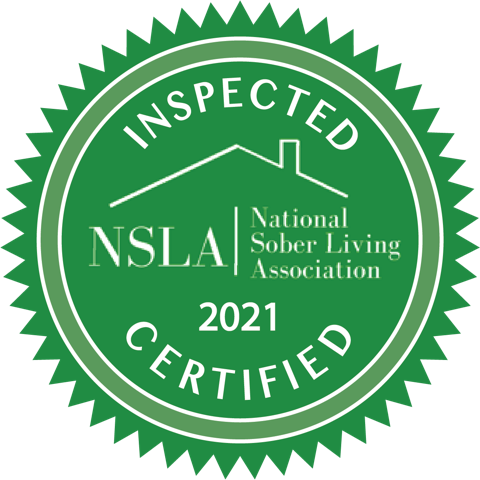The epitome of frustration is when you’ve gotten through detox—perhaps for the second or third time—and your family takes it with an attitude of, “Let’s get right back to normal,” without grasping that “normal” was what drove you to substance abuse in the first place. If your loved ones are unsupportive, it’s critical to learn how to set boundaries with family.
What Are Family Boundaries?
A “boundary” is where someone draws a literal or figurative line and makes clear the consequences for crossing it. In family relationships, this means:
- Knowing where your personal limits lie
- Communicating to others where those limits are
- Standing firm when your boundaries are tested
Know What Boundaries You Need
Everyone’s best boundaries are unique, and must be clearly defined to be effective. Consider:
- What triggers place you at risk for addiction relapse?
- What are the best ways to avoid these triggers?
- What specific points of family misunderstanding are hindering your recovery?
- What specific issues make it difficult for your family to support you effectively?
- What, specifically, will you not allow in your life anymore? What healthier alternatives will you replace it with?
You’ll probably need professional counseling to help pinpoint your boundaries. Invite your family to join you in therapy that walks everyone through the process: they’ll be more amenable after a qualified third party explains why boundaries are necessary for everyone’s benefit.
Communicate Your Boundaries Clearly
If you can make boundary-setting a family therapy project, clear communication will come with the deal. Otherwise:
- Introduce the topic when others are willing and able to listen—not when someone has a Zoom interview in ten minutes.
- Don’t be demanding, and definitely don’t make it all about getting your way. Do, however, speak clearly and assertively. No one will take your boundaries seriously if you don’t.
- Include consequences for having your boundaries crossed (e.g., “If you continue ignoring your agreed-upon share of the chores, I won’t do them for you anymore. I will let them stay undone, and you will have to make your own decision”).
- Show how everyone will benefit when your stress levels are down and you have space to consistently make your best decisions.
Stand Firm
Even where everyone has the best intentions, your boundaries will be tested—and you’ll be tempted to violate them yourself. Plan in advance how you’ll respond and where you’ll turn for support. Remember why you set the boundaries: because you respect yourself as the unique individual you are, because you need room to develop into your best self and because everyone will reap greater benefits in the long run. Things will get easier once you all get used to living within the new boundaries.
Special Note
There are toxic households where other family members refuse to respect boundaries no matter what. If this is the case for you, it may prove necessary to move out or even cut ties completely. Consider your options carefully, though, and remember that part of long-term recovery is learning to face problems rather than run from them. Your next best move may be to create a new boundary through a less extreme act of separation—perhaps moving temporarily to recovery-friendly living quarters—which may be all it takes to convince family you’re serious about change.
Find Your Recovery Family at Still Waters
However supportive or difficult your literal family may be, Still Waters Recovery offers a family that truly understands the struggle to stay clean from addiction for good. Our 12-Step-based program provides a healing residential environment that’s especially helpful to those who have relapsed more than once after other addiction-treatment programs. Contact us today to learn more.





